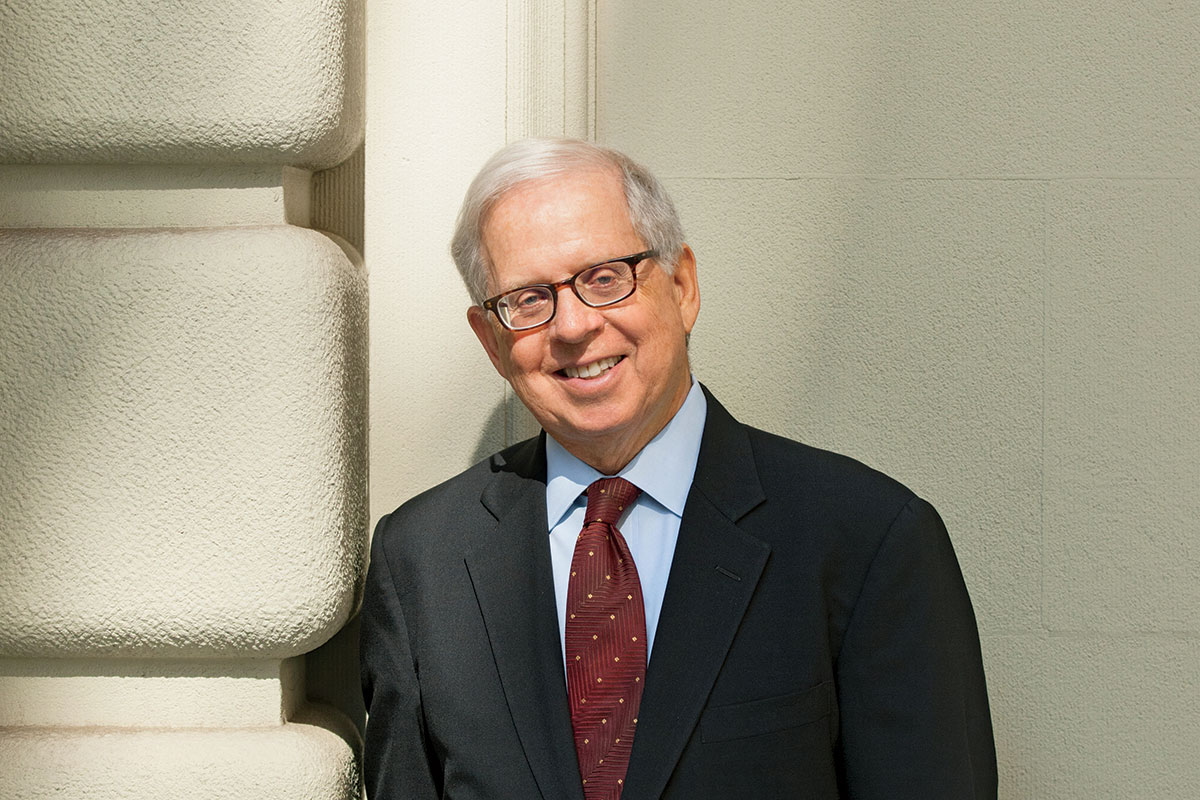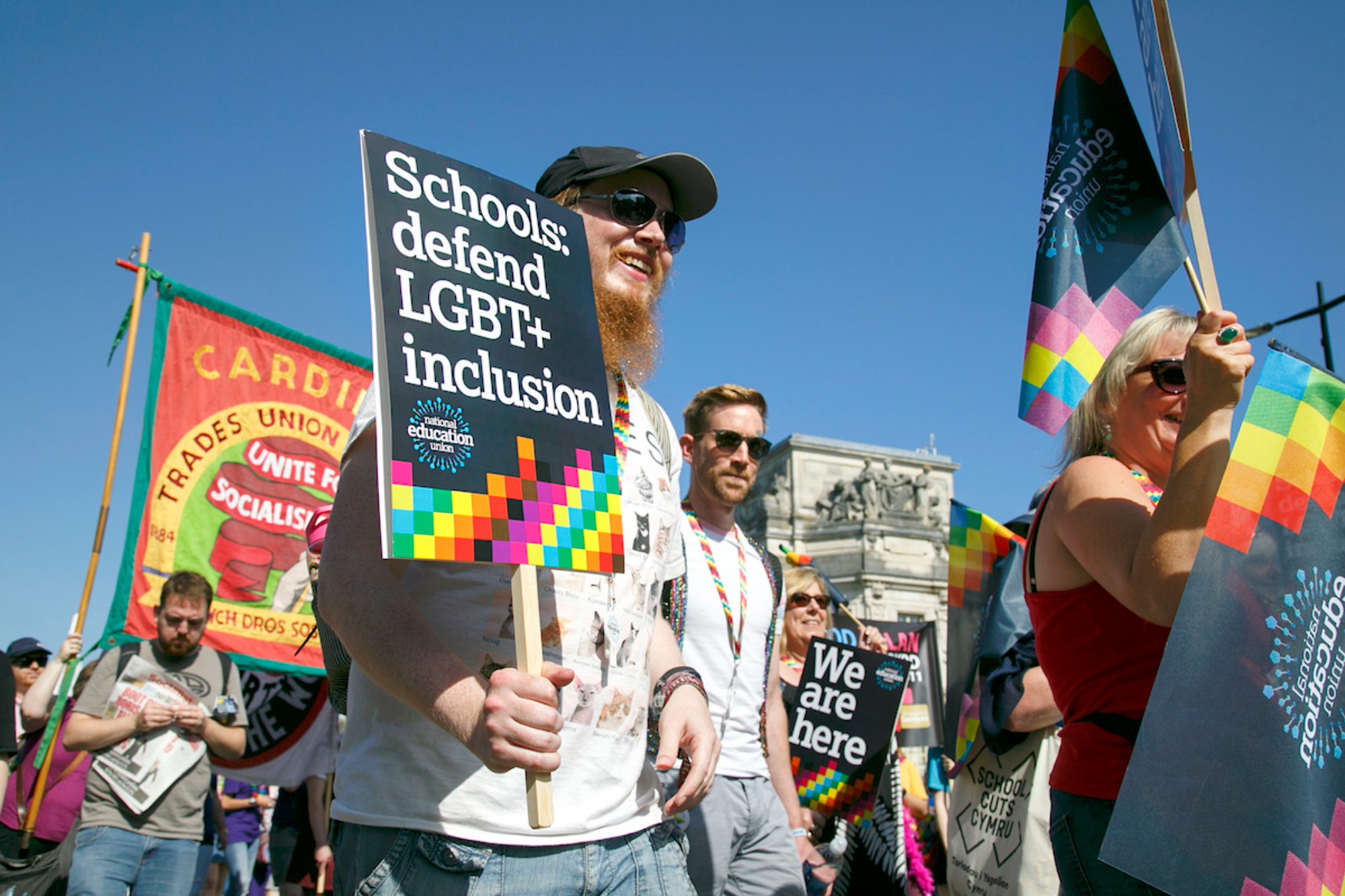New insight to support educators wading through potentially controversial classroom discussions is already making an impact. The New York State School Boards Association has updated its policies to reflect the latest expert recommendations from a new white paper from DemocracyReady NY and TC’s Center for Educational Equity.
“Schools can provide a rare setting in our highly polarized society where students can engage with multiple perspectives in a safe environment that encourages rational discussion,” write the coalition of experts, which is led by TC’s Michael Rebell, Professor of Law & Educational Practice.
Discussion of complex, polarizing issues allows students to “see each other as political equals, respect other points of view, weigh evidence, and become informed about the political issues they will confront in the public sphere,” the white paper outlines.

Michael Rebell, Professor of Law & Educational Practice. (Photo: TC Archives)
While New York is not among the states that have adopted measures aimed at curtailing classroom discussions related to social justice issues, Rebell noted in a recent accompanying Albany Times-Union op-ed, the fallout of laws like Florida’s “Don’t Say Gay” bill are still felt throughout the Empire State.
“Some parents in New York have expressed opposition to the discussion of topics perceived to be controversial.”
But families would benefit if schools could more effectively explain how exploring complex issues in classrooms is part of “equipping their children with [an] essential democratic skill,” the white paper outlines.
“School districts may want to consider adding a discussion of the importance of instruction in dealing with controversial issues to the agenda at school board meetings, curriculum nights, or other public forums.” Established policies could moreover help “promote balanced, evidence-based ways that conversations on controversial issues should be pursued.”
In addition to yielding updates for the New York State School Boards Association, the paper also contains probable policy implications for the New York State United Teachers and the New York State Parent-Teacher Association.
[Read the full report here, and learn more about DemocracyReady NY and the Center for Educational Equity.]
